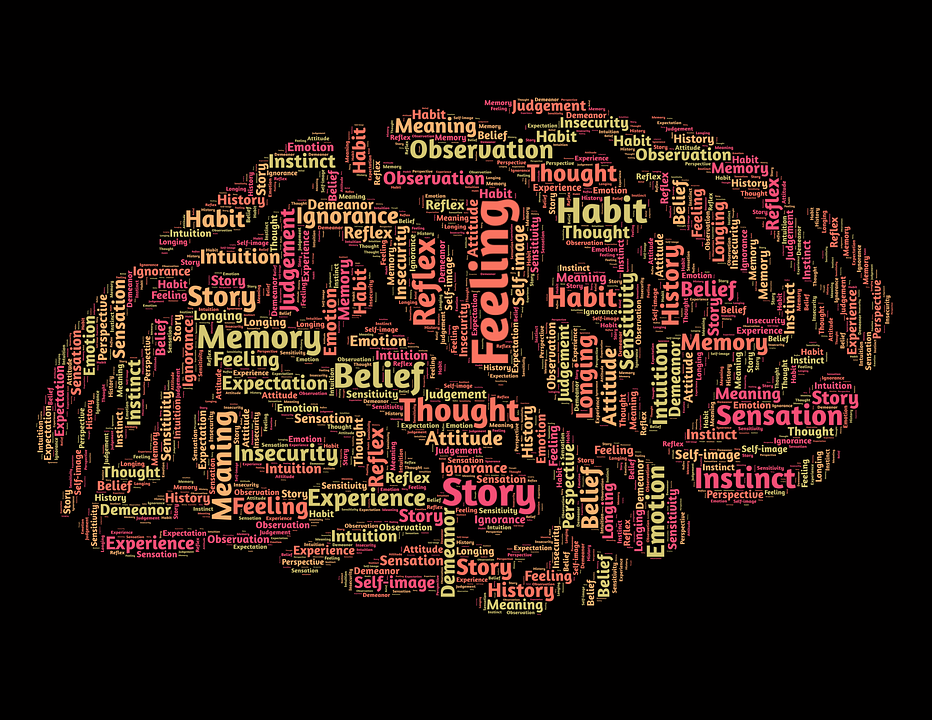Hindsight bias is a cognitive bias that causes individuals to believe that past events were predictable even though they were not. This type of thinking can cause an individual to ignore information or fail to explore all available options fully. Hindsight bias is related to the “hindsight illusion” concept-the belief that we possess more knowledge about past events than we do.
Hindsight bias is a cognitive bias that causes people to believe that they could have predicted an event more accurately than they did, even when there is no evidence to support this view. Hindsight bias can also cause people to believe that an event was less predictable than it was, again without supporting evidence.
The term “hindsight bias” was coined by psychologists Baruch Fischhoff and Ruth Beyth in 1983. They showed research participants videos of car accidents, along with upcoming events like a judicial ruling. The researchers also noted that 58% of people voted that the ruling would favor party X. However, when party Y won the case, 78% of the same students said they anticipated the winning.
Cognition is the way we learn about the world. The process for learning has three steps. First, you receive information either by seeing or hearing it. Then your brain creates a mental representation of that input. Finally, you believe that information to be true because it matches your mental representation.
What Causes Hindsight Bias?
Have you ever found yourself explaining away a past decision while simultaneously remembering it as an obvious choice? That’s hindsight bias. It happens because we tend to think of the present as predictable and thus assume that our decisions must have been reasonable.
Hindsight bias, the tendency to overestimate our ability to have predicted an outcome correctly in the past when we know what that outcome is. In other words, after something happens, we tend to believe that we know it will happen. In reality, however, this is not always true. People often think they can predict things that will happen in the future only because they have experience with similar situations in the past.
Why does it happen
In the days after a tragedy, our emotions are running high. We want justice, we want to know how it could have been prevented, and we already assume we know what happened and why it happened. But is this the case?
Whenever new information about a former experience becomes available, it causes hindsight bias, which alters how we remember that experience. Only the information that verifies what we already know or believe is true is remembered. Then, if we believe we have always known what will happen, we neglect to examine the outcome or the reason for the outcome thoroughly.
What are the three factors that affect hindsight bias
Cognitive
We frequently skew our memories of prior events by recalling only information to support what we already believe to be true. For what is termed as “sensemaking,” people do it to create a tale that makes sense with the knowledge they already have. This has something to do with confirmation bias which is the most common type of cognitive bias.
Metacognitive
Metacognition is the ability to think about thinking. A person can now fully understand and remember information. A person with metacognitive skills monitors their understanding, keeps track of strategies that work for them, and tries new strategies when needed. Due, at least in part, to the availability heuristic, it is typically straightforward to identify why and how an event took place by reflecting. This reassures us that we were on the same page earlier.
Motivational
It gives us a sense of security to believe that the world is organized and we can predict its outcoming. This makes us believe that unpredictably occurring events are predictable. It’s also comforting to believe that your forecasts were correct or even that you “knew it all along,” even if you didn’t. Our activities are often unconsciously motivated to create a favourable opinion of ourselves, according to research.
How do you avoid Hindsight Bias
Overconfidence is a tendency to overestimate the accuracy of your own knowledge, judgments, and decision-making skills. Being overconfident can occur in individuals or groups.
It has been shown that overconfident people are inclined to ignore information which contradicts their views. They may also tend to be more gullible and susceptible to deception by others. It is wise to have a neutral mindset; you may learn new things and accept what you can’t do to learn.
Another way to prevent hindsight bias is by using decision journals and notebooks to keep records of decisions and noting events. This way, you will properly reflect on life decisions, make evaluations, and learn from our mistakes.
Final thoughts
The hindsight bias is a psychological phenomenon that causes people to think they knew something all along, even when there was no evidence of this prior knowledge. It’s important to keep the hindsight bias in mind, because it can make you more confident about your past decisions and less open to new information. What are some strategies you use to reduce the hindsight bias? Are there any other examples of the hindsight bias that you’ve experienced?

